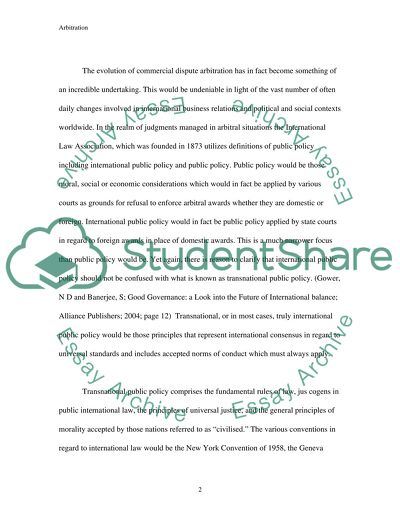Cite this document
(“International Commercial Disputes Essay Example | Topics and Well Written Essays - 4000 words”, n.d.)
International Commercial Disputes Essay Example | Topics and Well Written Essays - 4000 words. Retrieved from https://studentshare.org/law/1505644-international-commercial-disputes
International Commercial Disputes Essay Example | Topics and Well Written Essays - 4000 words. Retrieved from https://studentshare.org/law/1505644-international-commercial-disputes
(International Commercial Disputes Essay Example | Topics and Well Written Essays - 4000 Words)
International Commercial Disputes Essay Example | Topics and Well Written Essays - 4000 Words. https://studentshare.org/law/1505644-international-commercial-disputes.
International Commercial Disputes Essay Example | Topics and Well Written Essays - 4000 Words. https://studentshare.org/law/1505644-international-commercial-disputes.
“International Commercial Disputes Essay Example | Topics and Well Written Essays - 4000 Words”, n.d. https://studentshare.org/law/1505644-international-commercial-disputes.


